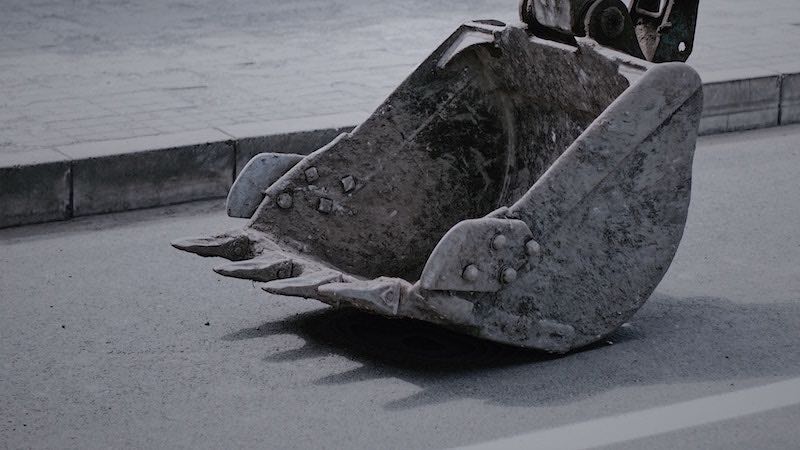Patriarchy at the root of environmental destruction
- 22 April 2019
- Posted by: Michael H Hallett
- Category: Patriarchy ,

I recently attended a grass roots environmental meeting at which an older lady, a staunch activist, spelled out various things we should be doing to protect the environment. A young man, owner of an eco-something start-up, argued that none of her suggestions would be effective because they were inconvenient.
Who was right? They both were.
We should be doing all sorts of environmentally friendly things. Yet the reality is that, unless they’re convenient, most people will not. The meeting degenerated into a polarised discussion on various initiatives. No one asked the underlying question: why won’t we protect the environment unless it’s convenient to do so?
The birthplace of this irresponsible and potentially catastrophic mind-set can be found in the birth of patriarchy.
As I wrote in A brief history of shame, patriarchy arose some 6,000 years ago in response to the desertification of the Sahara and other equatorial areas. Competition for food sources made peaceful societies warlike; in Darwinian terms, violence conferred an evolutionary advantage.
Environmental destruction
To these once-peaceful societies, the shift from a world that bountifully provided all their needs to one where they fought for survival came as a profound shock. It must also have felt like a betrayal. The reverence and awe for nature, seen in native societies around the globe, was lost.
The impact was colossal. At its core it created a fundamental sense of separation and abandonment that impacted the mother-child bond—the mother wound. Feeling abandoned by nature, humanity reciprocated by abandoning any responsibility towards nature.
Severed from the natural world, Patriarchal Man developed a mind-set where masculine values (strength, intelligence) trumped feminine ones (emotions, wellbeing) and short-term survival trumped long-term sustainability.
This was the mind-set behind the first civilizations, such as Babylon, which oversaw the rise of “various forms of central-state and military apparatus” (James DeMeo, Saharasia). As DeMeo documents, this patriarchal psyche spread across Asia and Europe in wave after wave of conquest, ultimately swallowing the entire globe except for mercifully isolated native societies.
At the core of patriarchal societies lies the unspoken belief that competition justifies any and all means of survival. This includes environmental destruction as a short-term measure.
At the core of all these societies lay the unspoken belief that competition justified any and all means of survival. This includes environmental destruction as a short-term measure.
Perpetual competition
The problem with this belief is that we live in a world of perpetual competition. With a population of 7.7 billion, contention for resources has never been higher. According to patriarchy’s hidden logic, endless competition justifies endless short-termism. Hence the otherwise senseless logging of the Amazon and the jungles of Indonesia. The near-annihilation of the whales and the buffalo. The failure to protect fishing stocks for future generations.
From gangs of sweating rainforest loggers to ‘suits’ in air-conditioned offices seeking oil rights in Alaska, the programming is the same: “I don’t have enough. My future is at stake. Survival is my first responsibility, not the environment.”
And so it is with us, and our love of convenience. If it costs too much, takes too long, or requires too much effort, it’s a negative in the equation of ‘my survival versus the planet’s survival’.
To change the equation we must recover our reverence for Nature. That starts by recognising we’ve lost it. When we do, nothing will seem too inconvenient.
